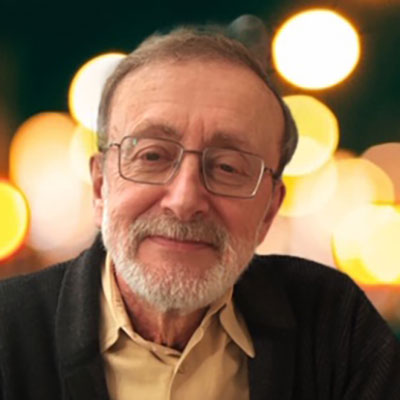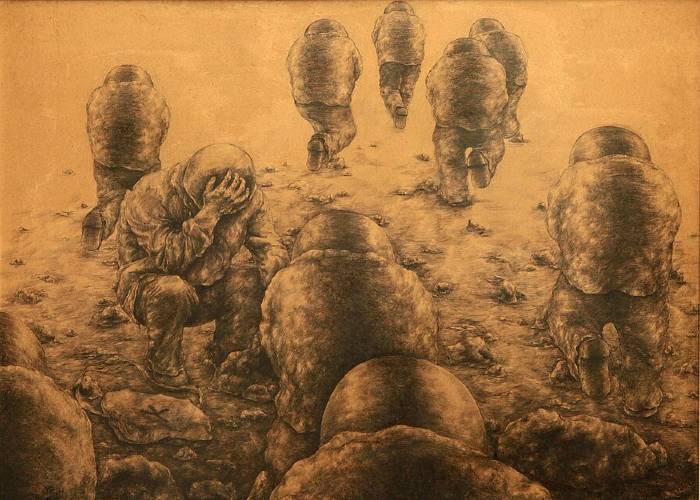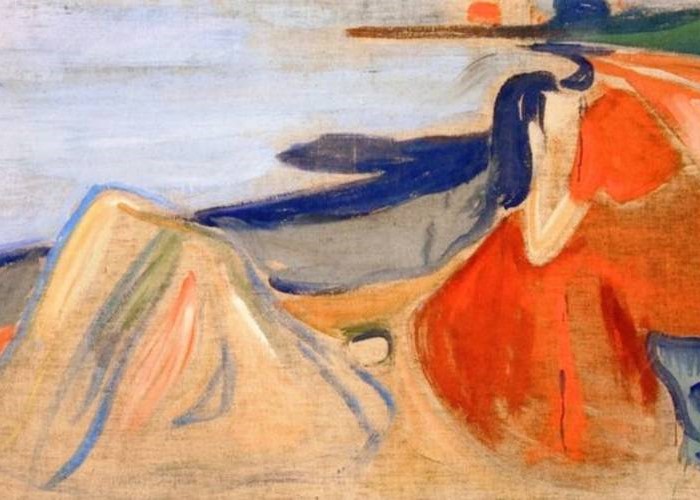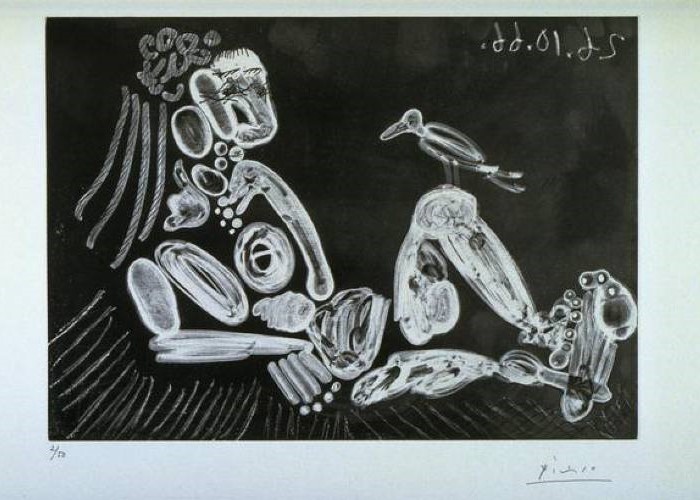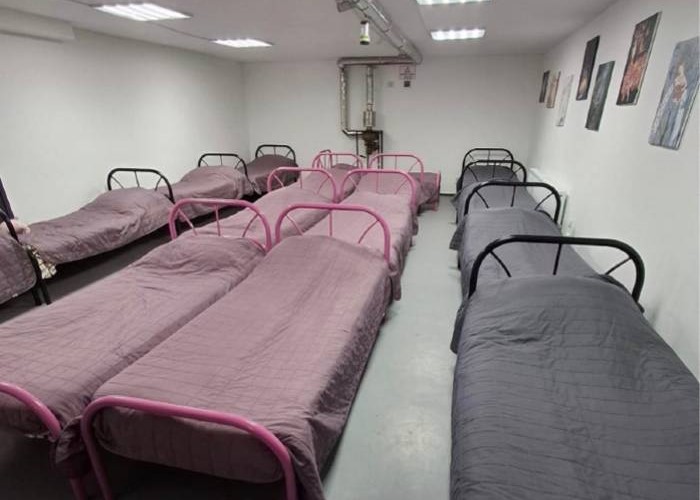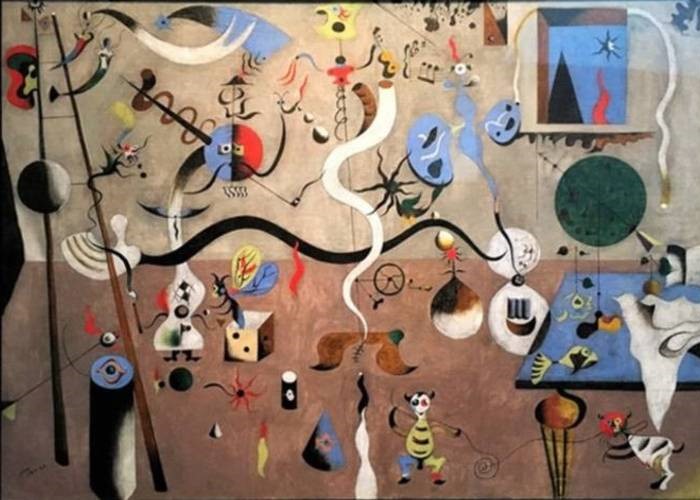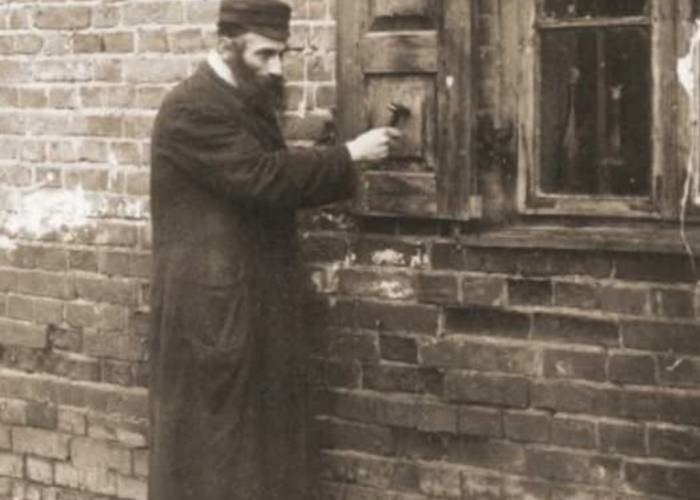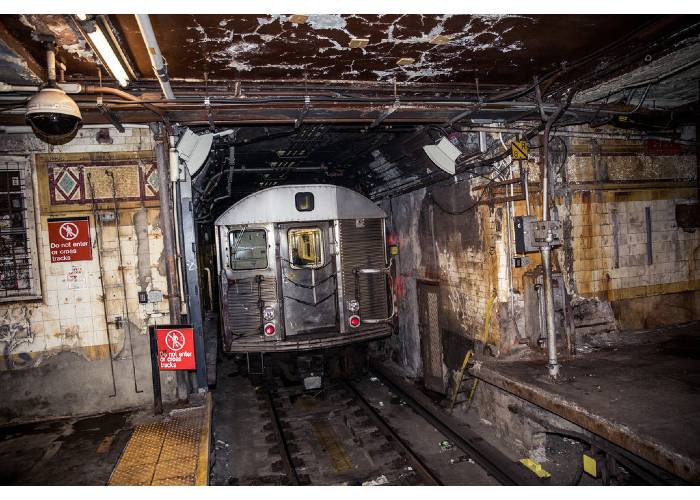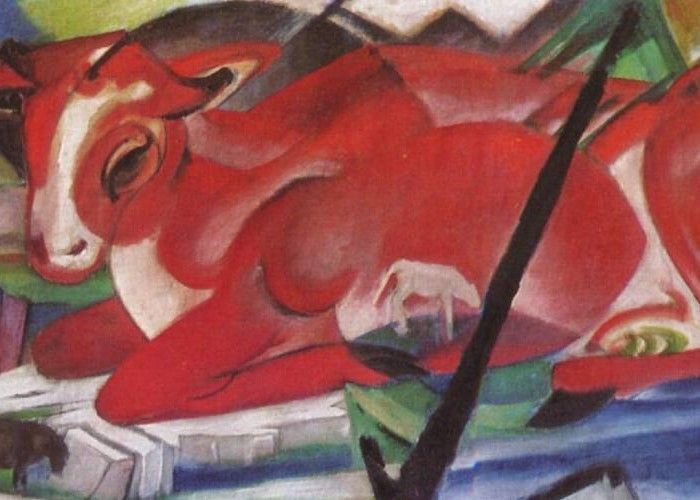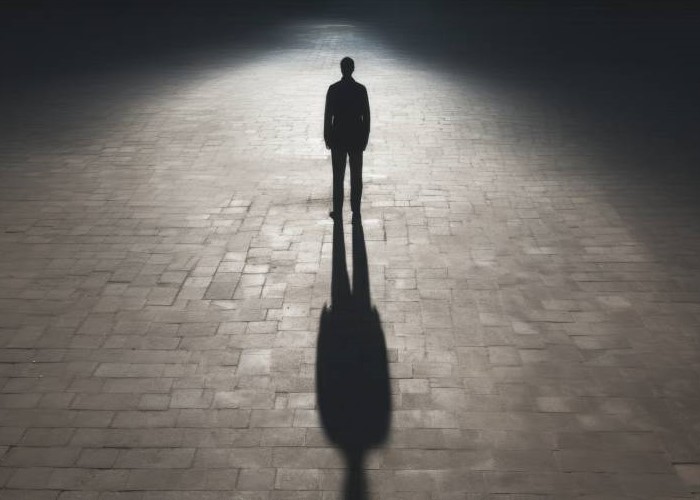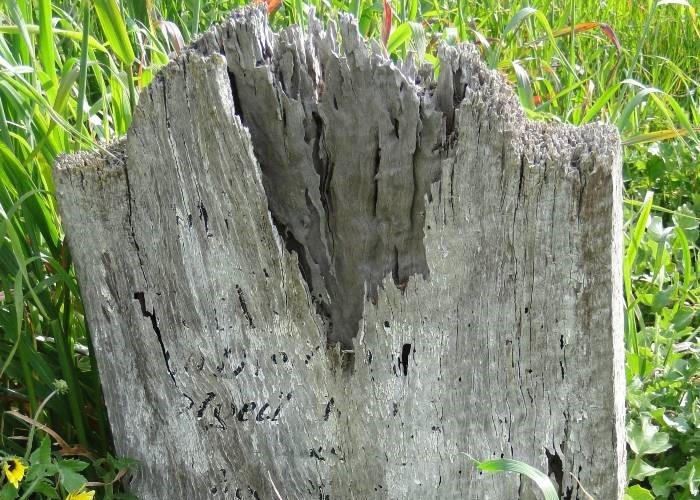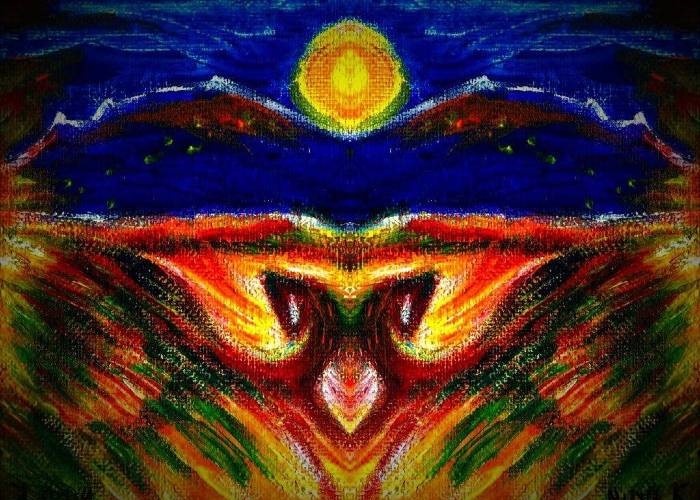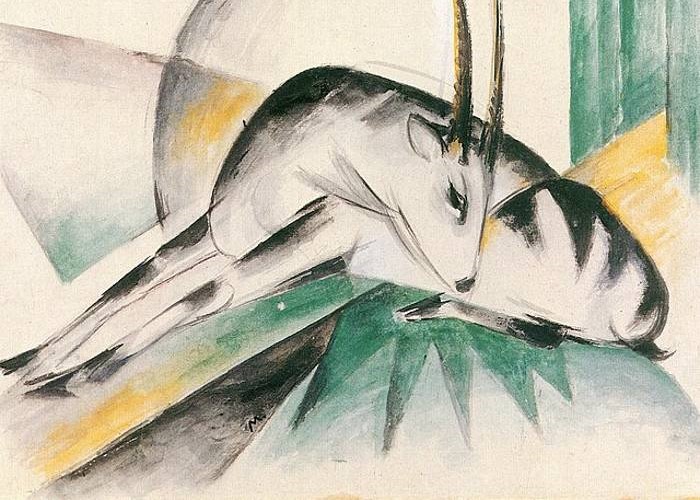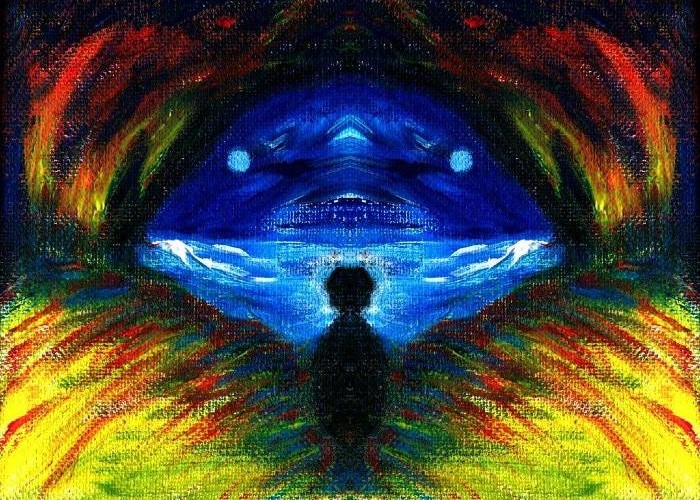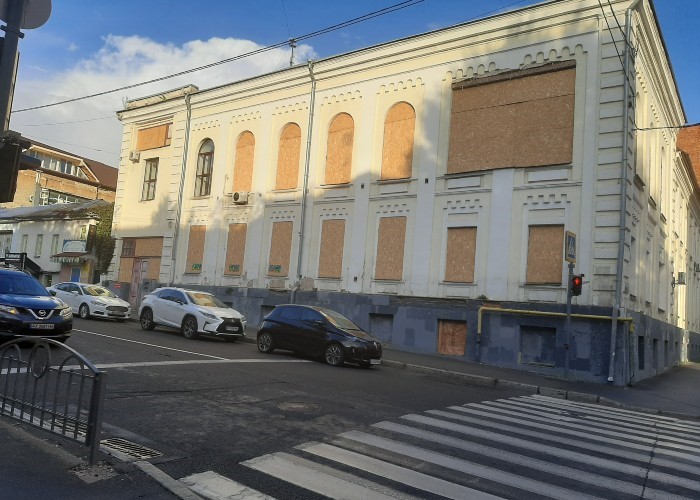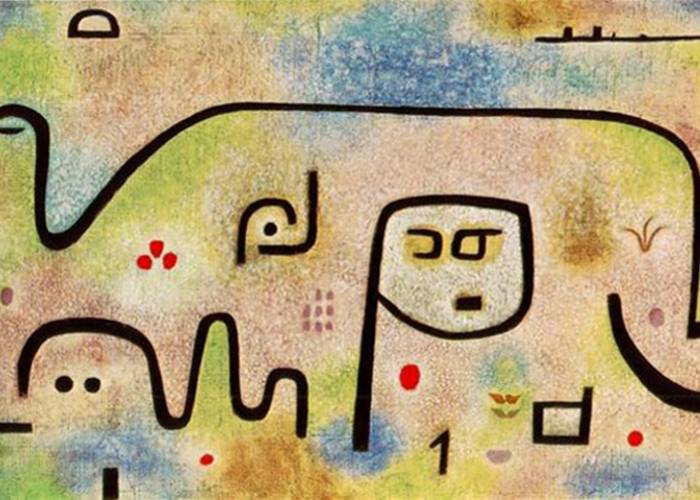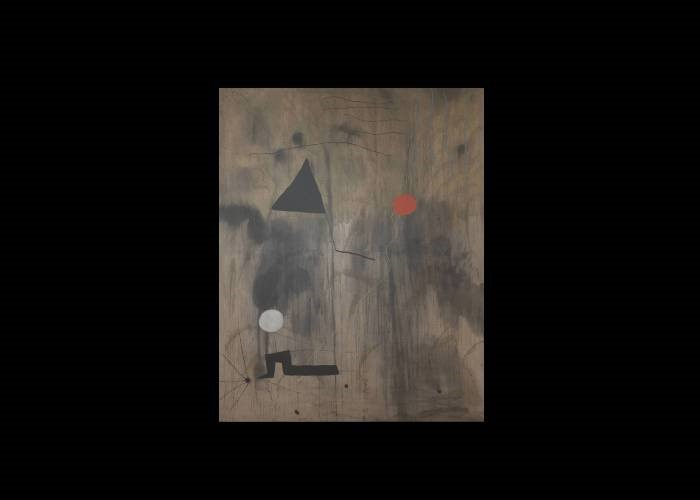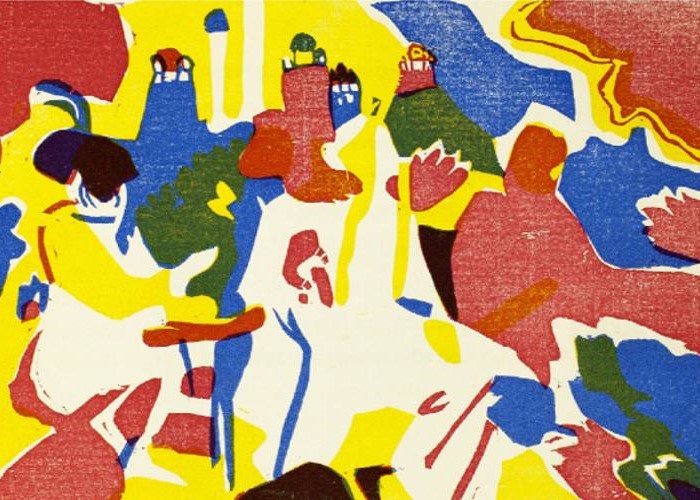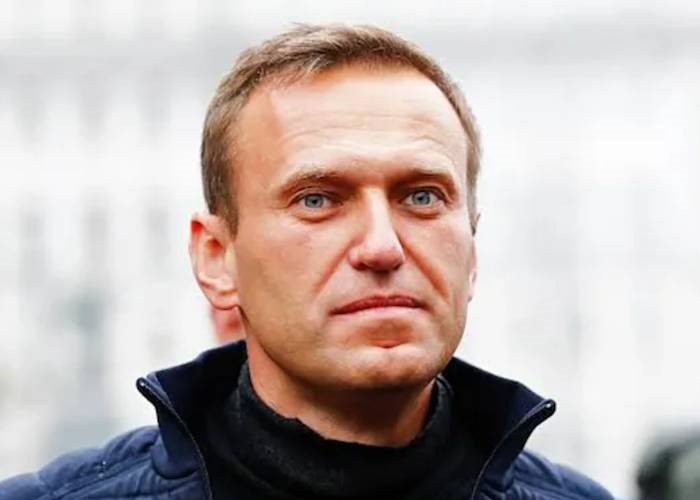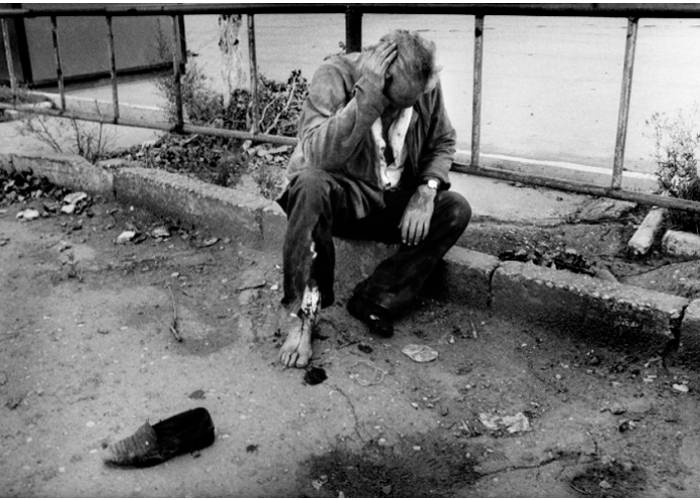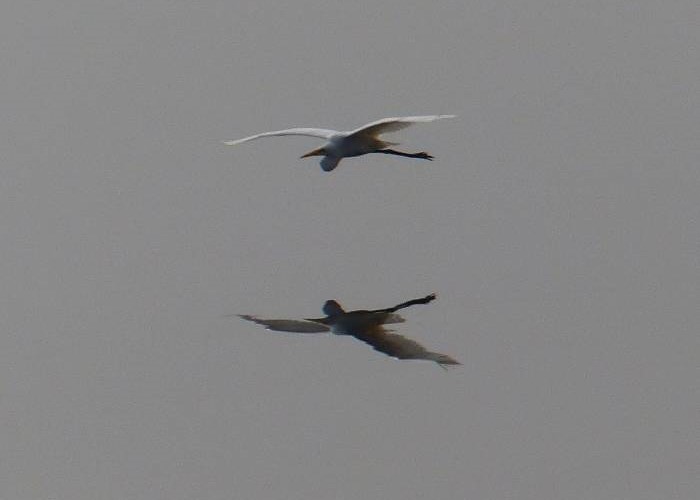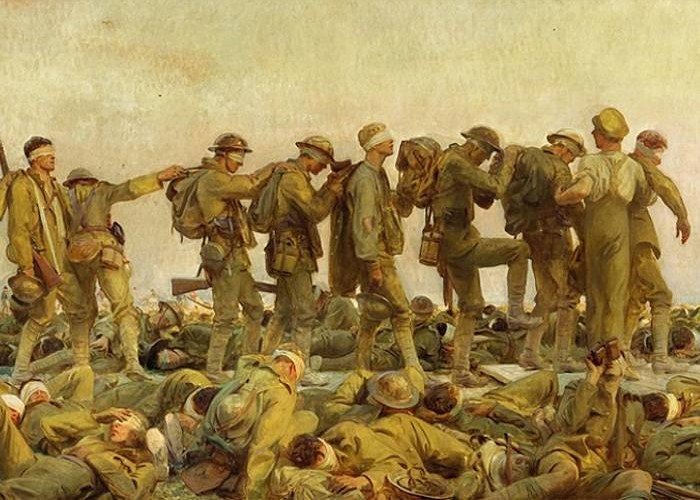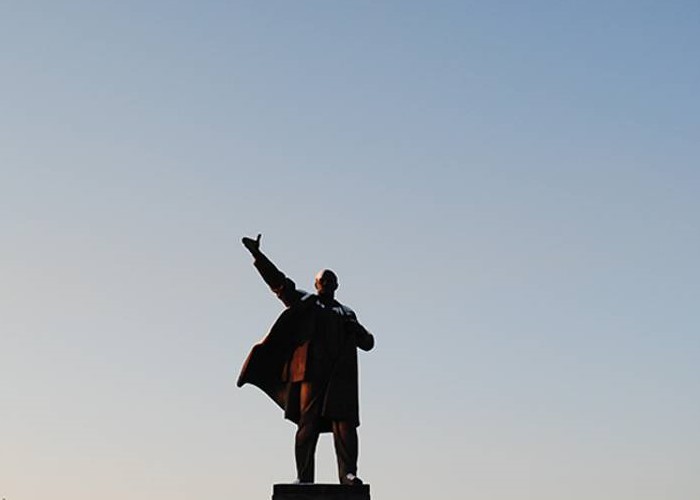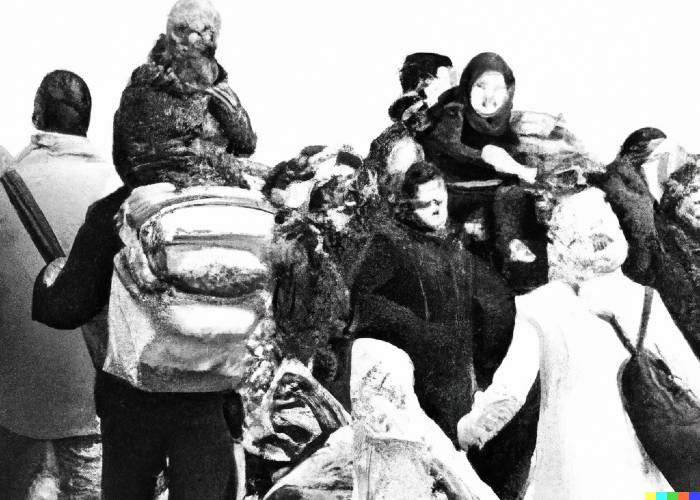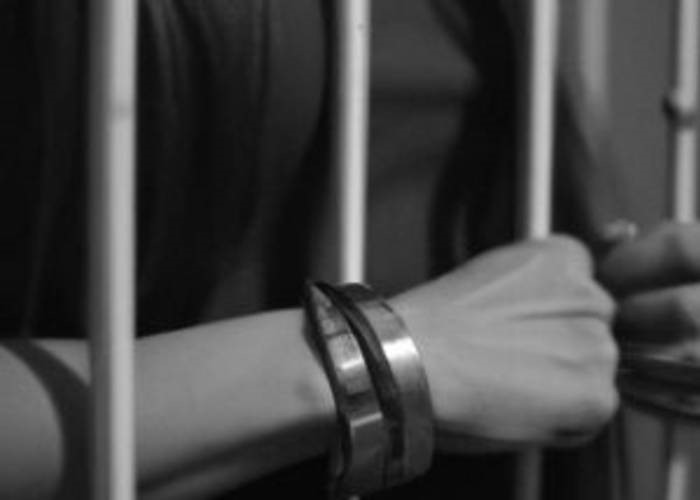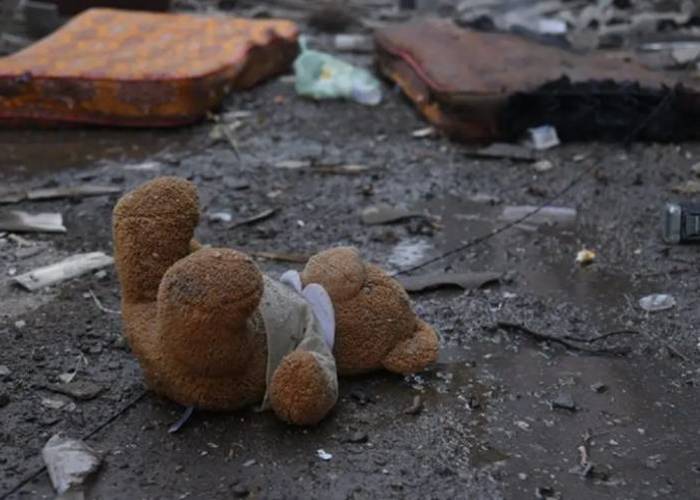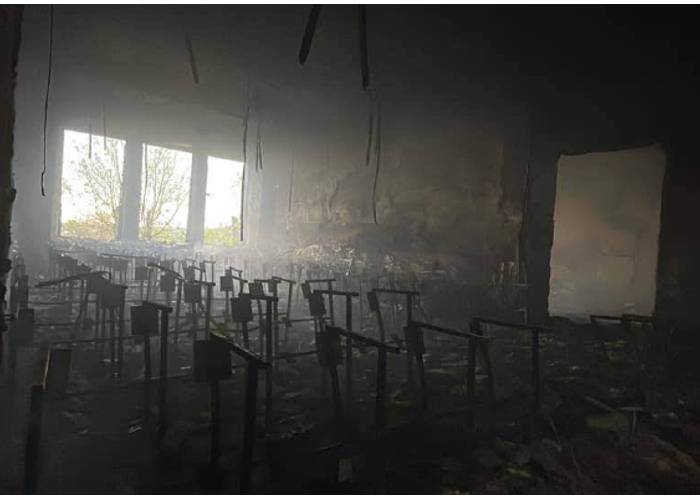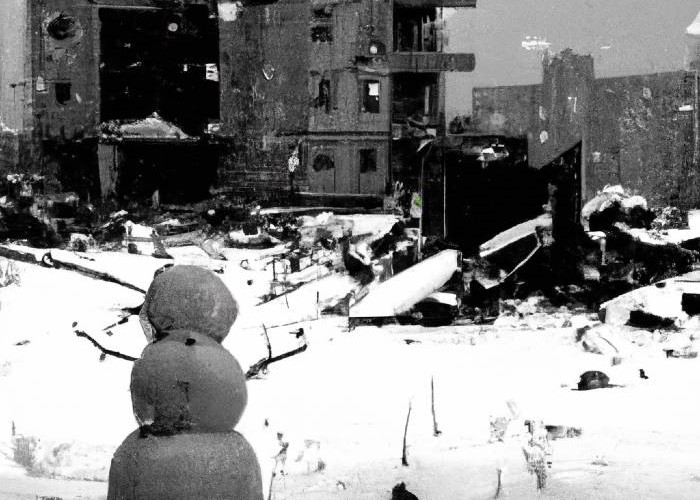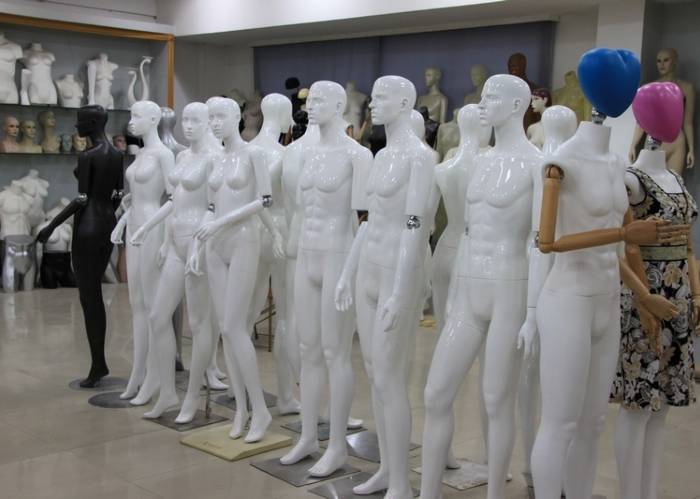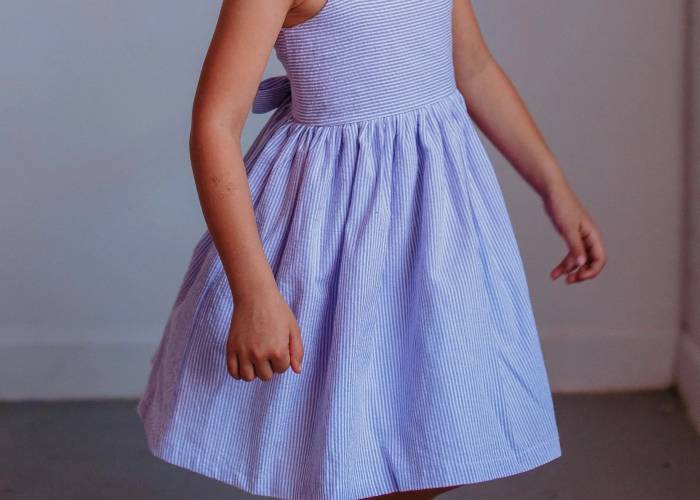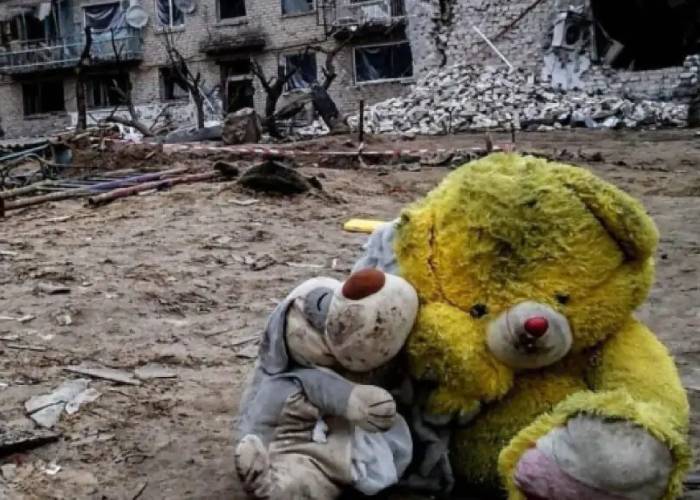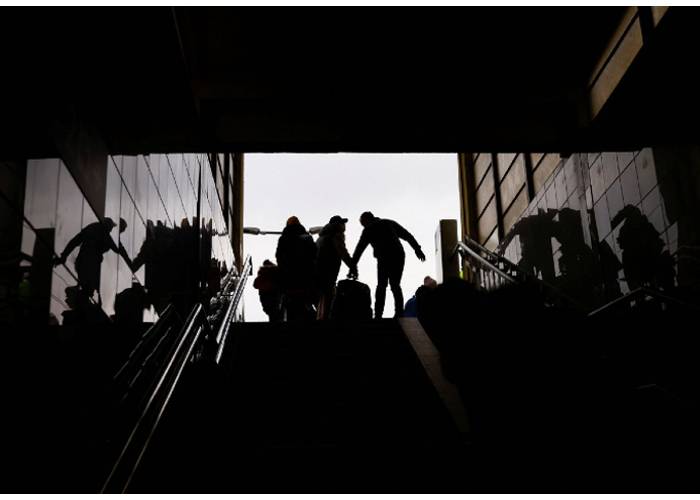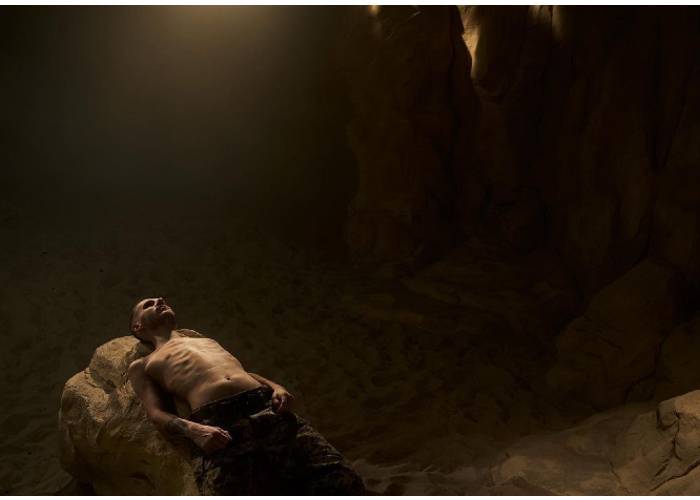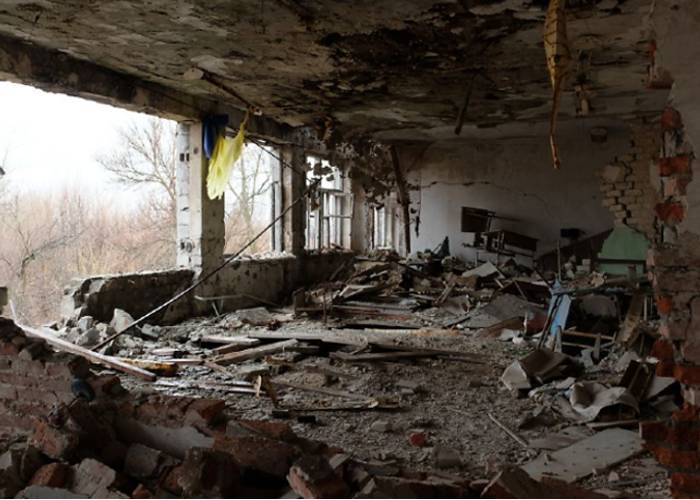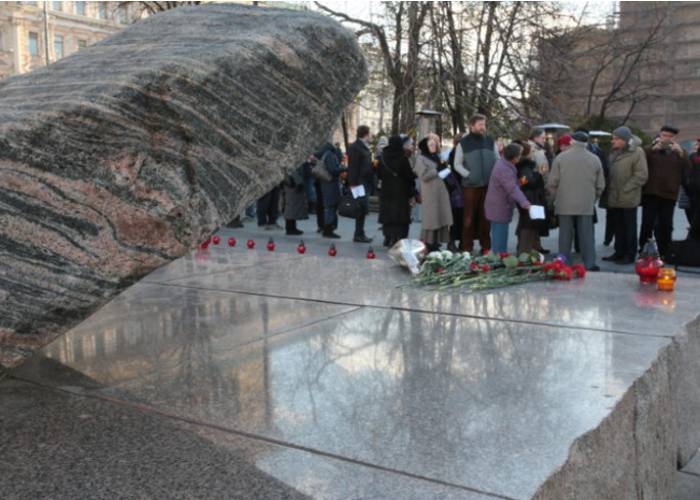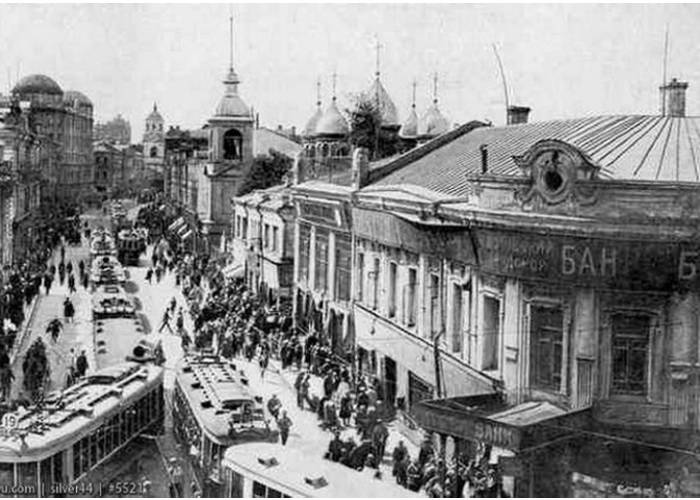MASHIACH WON’T COME
Mashiach won’t come
shells explode
in the land
where my ancestors lie
Mashiach won’t come
my ancestors rise from shooting pits
in Chernihiv, Sumy
Donbas
Mashiach won’t come
gunshot wounds
are healed
in my ancestors
Mashiach won’t come
my grandparents
are fighting for the freedom
of lying in undisturbed graves
МАШИАХ НЕ ПРИДЁТ
машиах не придёт
землю
в которой лежат мои предки
разорвали взрывы снарядов
машиах не придёт
мои предки встают из рвов
в чернигове сумах
донбасе
машиах не придёт
у моих предков
затянулись
огнестрельные раны
машиах не придёт
мои дедушка и бабушка
воюют за свободу лежать
в не растревоженных могилах
* * *
BETRAYAL
so many hunters
do not join their chiefs
in killing mammoths
not much food in smaller game
but a lot less fear in catching it
so many moseses
but no one
follows them
they’d hand you flatbread from behind
while ahead
nothing but desert
sunburn, starvation
so many sing
“hosanna” today
and shout “crucify him”
tomorrow
don’t shout in vain
soon a legion will come
and the temple will be no more
ПРЕДАТЕЛЬСТВО
сколько охотников
не пошли за вождями
на мамонтов
в мелких животных не столько еды
но не страшно ловить каждый день
сколько моисеев
но за ними
нет никого
сзади лепёшку дадут
а впереди
только солнце
пустыня и голод
сколько сегодня
поющих осанну
а завтра кричащих
«распни его»
зря не кричите
скоро войдёт легион
и храма не станет
Translated from Russian by the poet
